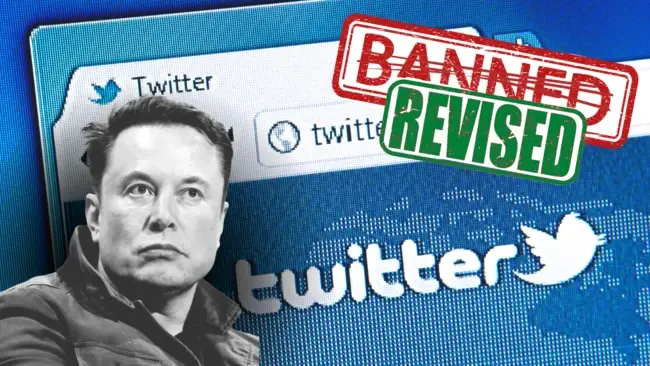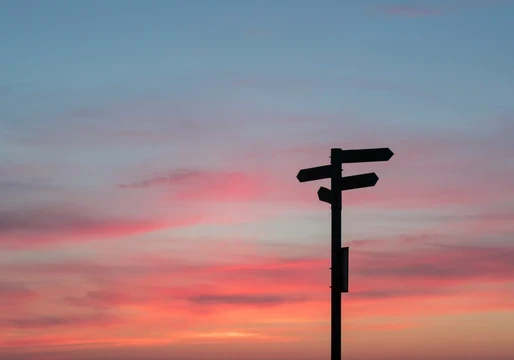Twitter has been forced to delete a restrictive policy banning the promotion of rival social media channels amid resounding criticism from users around the world.
The short-lived ban, which was announced in a tweet on Sunday, banned users from posting links to Facebook, Instagram, Mastodon, Truth Social, Tribal, Nostr and Post as well as to aggregators including linktr.ee and Ink.bio.
Elon Musk described the move as a method of stopping the “relentless advertising of competitors,” which was reportedly many users’ response to the Tesla CEO’s controversial takeover of the social platform.
"We recognise that many of our users are active on other social media platforms, however, we will no longer allow free promotion of certain social media platforms on Twitter, " Twitter support explained in a since-deleted tweet.
The move, which would have marked the most significant change under Musk, was one of the most restrictive ever announced from any social media platform completely contradicting the ethos of a free-style, cross-linking internet, that the Tesla CEO outwardly champions.
Just a few hours after its introduction, the restriction vanished from Twitter’s policy page. “Going forward, there will be a vote for major policy changes,” Elon Musk said in a Tweet on Sunday.
The billionaire said the policy would be adjusted to affect only accounts whose “primary purpose is the promotion of competitors, which essentially falls under the no spam rule”.

Elon Musk’s leadership comes into question
The ban is just the latest of several extreme moves taken by Twitter following Elon Musk’s $44 billion acquisition of the company in October earlier this year.
Since the billionaire’s takeover, the social media platform has seen the layoff of thousands of employees – over half of its workforce – an overhaul of its blue-check verification system and the deletion and then re-reinstatement of half a dozen journalists’ accounts.
Many have criticised Elon Musk’s acquisition and subsequent changes to the social media platform and have called for him to step down from the leadership position as many decisions have been directly linked to his leadership.
On Sunday evening, following the deletion of the social linking ban, Elon Musk posted a poll on Twitter asking his 122 million followers whether he stands down as CEO of the company.
Should I step down as head of Twitter? I will abide by the results of this poll.
— Elon Musk (@elonmusk) December 18, 2022
The billionaire claims he will abide by the results of the poll and step down if the majority wishes, urging followers to “be careful what you wish, as you might get it”. As of Monday, 19 December, 57.5% of users have called for him to resign.
An uncertain future for Twitter
After twenty minutes of polling, when the yes vote had gained an almost double-digit lead, Musk responded to a suggestion that he had already picked a new CEO, stating “no one wants the job who can actually keep Twitter alive. There is no successor.”
Musk has long complained that Twitter has been fighting a losing battle for survival as it continues to lose users and revenue.
The social media platform was already $5.29 million in debt before the billionaire’s takeover – and this debt has only increased. When Musk took over in October, the platform was reportedly losing $4 million a day as advertisers fled the platform.
Regarding Twitter’s reduction in force, unfortunately there is no choice when the company is losing over $4M/day.
— Elon Musk (@elonmusk) November 4, 2022
Everyone exited was offered 3 months of severance, which is 50% more than legally required.
Following the several controversial changes being made to the site since then, more than 30 million users are expected to leave in the next two years, with the number of global monthly users falling by 4% in 2023 and 5% in 2024.
“There won’t be one catastrophic event that ends Twitter,” Jasmine Enberg, a principal analyst at Insider Intelligence told the Guardian.
“Instead, users will start to leave the platform next year as they grow frustrated with technical issues and the proliferation of hateful or other unsavoury content.”







Comments ( 1 )
Jane Foster
22/12/2022